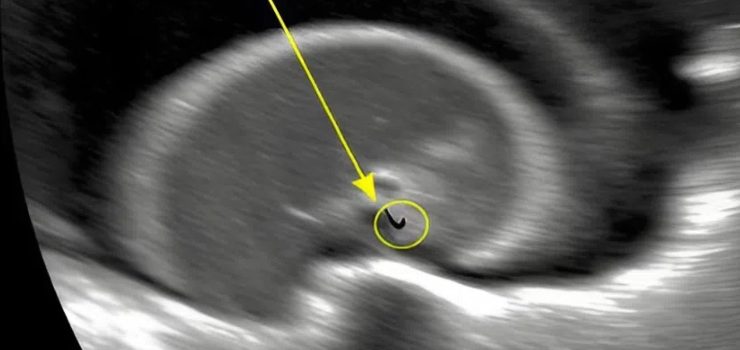Many people tend to ignore minor discomforts in their mouths, assuming they’re caused by harmless issues like a canker sore, a reaction to spicy food, or brushing too hard. But sometimes these seemingly minor annoyances can be warning signs of something far more serious—oral cancer. This type of cancer often starts quietly and without much fanfare, which is exactly why it’s so dangerous

It doesn’t typically present dramatic symptoms early on, and many people mistake the signs for everyday oral issues. By the time more obvious problems arise—like difficulty swallowing, unexplained weight loss, or visible swelling—the cancer may already be at an advanced stage and much harder to treat. That’s why learning to recognize the early warning signs is so important. One of the most common early symptoms of oral cancer is a persistent sore in the mouth that refuses to heal. Most minor mouth injuries, like biting your cheek or burning your tongue, heal within one to two weeks. But if a sore sticks around longer than that—especially if it’s on your lips, gums, inner cheeks, or tongue—you need to take it seriously.
It may not even hurt at first, which is why it’s so easy to dismiss. However, if the sore starts to bleed or shows no signs of healing, it’s crucial to consult your doctor or dentist. Another red flag is the appearance of white or red patches inside your mouth. White areas, called leukoplakia, may feel thick or rough, and red patches, known as erythroplakia, often appear velvety and may bleed when touched. These patches can also appear together in a mixed form. While not every patch turns out to be cancerous, they’re often considered precancerous lesions that could develop into cancer if not monitored or treated. If you notice these color changes, don’t brush them off. Unexplained bleeding in your mouth is also a symptom worth noting. It’s not unusual to see some blood if you brush too hard or floss aggressively, but if you notice frequent bleeding without any clear cause, it could indicate cancerous activity affecting your oral tissues. If this happens often, it’s important to seek medical attention.
You should also be aware of unusual textures in your mouth. Oral cancer can present itself through lumps, thickened areas, or rough patches that don’t go away. A self-exam can help detect these signs. With clean hands, feel around your gums, tongue, cheeks, and the roof of your mouth. If you discover any firm areas, spots that feel different from the rest of your mouth, or places that catch your tongue when you chew or talk, have them evaluated by a professional. Sensations like numbness or tingling in your lips, tongue, or cheeks should also raise concern.
It might be tempting to chalk it up to nerve sensitivity or sleeping in an awkward position, but if the sensation lingers for more than a couple of days, it could be a sign that a tumor is pressing on nearby nerves. Pain that persists in a specific area, even without any visible cause, should not be ignored either. Difficulty chewing or swallowing is another symptom to take seriously. If eating your favorite meal becomes painful or swallowing water causes discomfort, that could be a red flag. Oral cancer can interfere with the muscles and tissues in the mouth and throat, making basic functions like chewing and swallowing painful or difficult. While this symptom is more common in later stages, it can occasionally appear early on, depending on where the tumor is located. Chronic bad breath that doesn’t improve even with good oral hygiene may also be an indicator.
While everyone experiences bad breath from time to time, if it persists after thorough brushing, flossing, and rinsing, it might be due to tissue breakdown or infection caused by cancer. If you notice any of these symptoms lasting more than two weeks, don’t wait to get help. Early detection of oral cancer can significantly increase your chances of successful treatment and a better outcome overall. Waiting too long could mean more invasive procedures and less effective treatment. To lower your risk, avoid tobacco in all forms, limit alcohol, protect your lips from sun exposure, eat a diet rich in fruits and vegetables, and maintain regular dental checkups—your dentist might spot warning signs you’ve overlooked.
Remember, oral cancer doesn’t only target older adults or smokers—it can happen to anyone. Recognizing the early signs like persistent sores, color changes, unexplained bleeding, or difficulty swallowing can make all the difference. Don’t ignore what your mouth is trying to tell you. Take action and protect your health before it’s too late.





